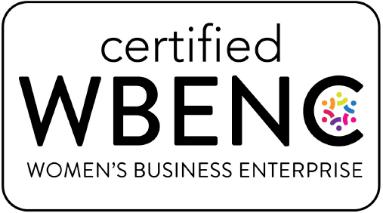Authored by:

Justin R. Muehlmeyer
Patent Attorney
All Posts by Justin
Perhaps you developed a more efficient way of making existing products? Perhaps you developed a way of making products that were previously impossible to make before? Or perhaps you developed a way to make a better product? Whatever the case, the way you make your products may very well be your most valuable asset and you should think about how to protect it.
The first thing that likely comes to your mind is, should I patent my manufacturing process? Indeed, patents can be incredibly valuable, giving you another card to play in negotiating the sale of the business, attracting investors or carving out a market niche. That is because a patent would give you the right to exclude others from using the claimed process for twenty years from the patent’s filing date.
Is there a risk that a competitor might beat you to the patent?
If your process has never been disclosed publicly before, then there is a risk that a competitor might patent it, potentially making you liable for patent infringement. While you may have a defense (called a “prior user” defense) to a patent infringement suit against you if you were using the process for a certain amount of time, such a defense has its limitations, and it will be your burden to prove only after being brought into litigation.
There are many reasons not to patent a manufacturing process, and with your patent attorney, you should think through the following questions before you file that patent application:
- Do you really want to tell the world your most valuable asset? While you can file a patent in secret, if your application is allowed to issue as a patent, it must publish, disclosing to the world exactly what your manufacturing process is. Telling your competitors how you make your products is sometimes not worth the value the patent gives you. Perhaps your process is best kept a trade secret?
- Would your patent be so narrow as to make it worthless? If your manufacturing process generally follows existing methods, you would only be entitled to a patent on alterations to the existing method that you can convince the examiner are not obvious variations of the existing method. Those alterations to existing methods would be additional steps in your claims that a competitor must be doing to infringe. Do you think it is likely your competitor is even practicing each and every step of the manufacturing process you are trying to patent? If there are many ways of accomplishing the same result, then your competitors are probably not practicing what you are trying to patent.
- Would you be able to figure out who is infringing? So, you get an issued patent, but can you figure out from your competitor’s products alone whether they are practicing your patented method? Probably not. Can you visit their facility to see if they are practicing your patented method? Probably not. These barriers make it difficult to figure out whether your competitors are infringing, and while a court can order your competitor to disclose their process, a court may dismiss your case if you don’t know those details at the time you file the case, and any successful court order would be only after much expense.
- Can you afford the patent? Patents are expensive. The costs include the government and legal fees to file, prosecute, issue and maintain the patent. If your answers to the above questions make you uncertain as to whether you should even apply for a patent, then a patent is probably not worth the expense.
At Peacock Law, we know the right questions to ask to make sure you are on the right track. To learn more about how Peacock Law can help you generate value from your intellectual property, visit our website today or give me a call today to discuss.


